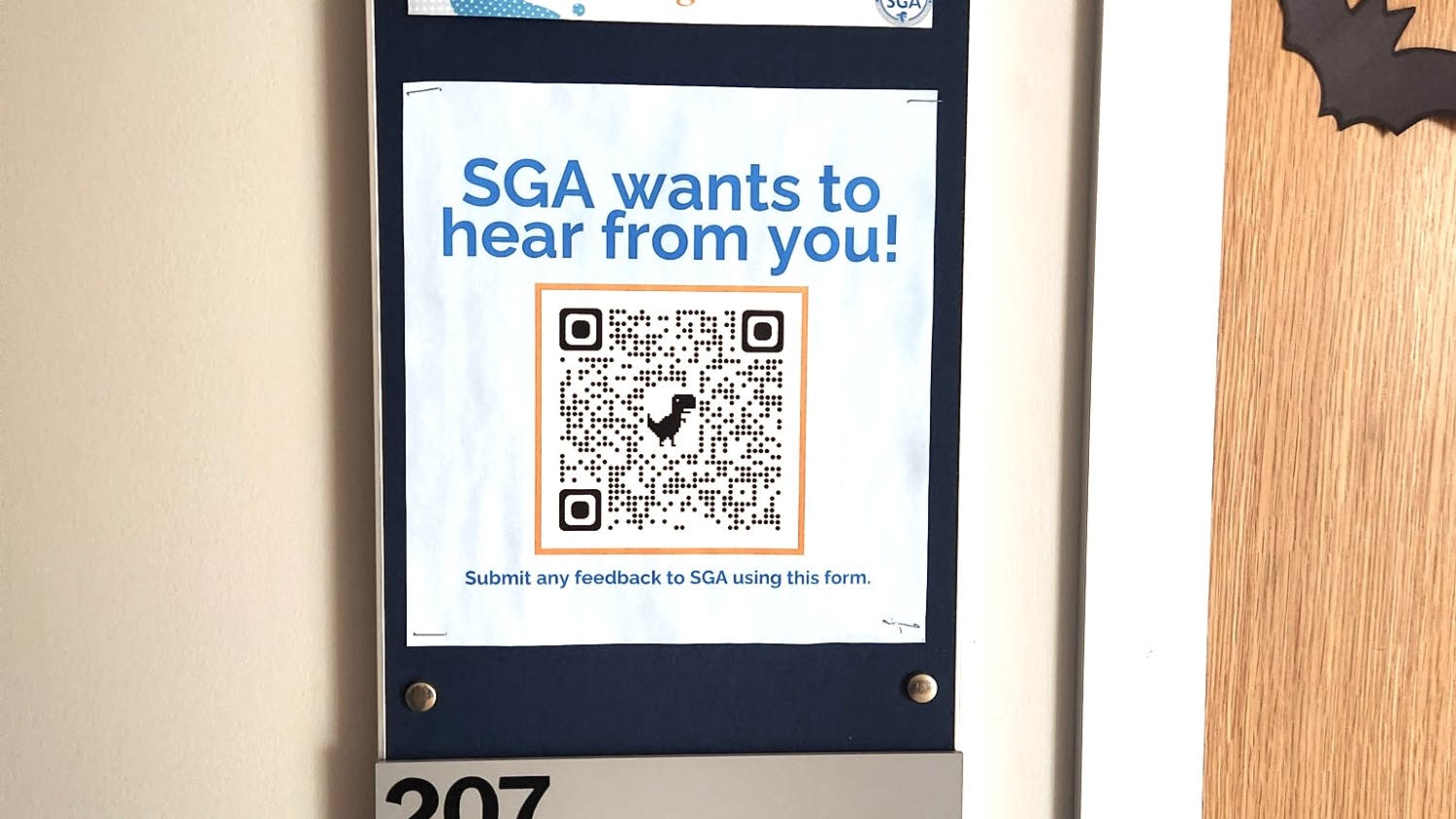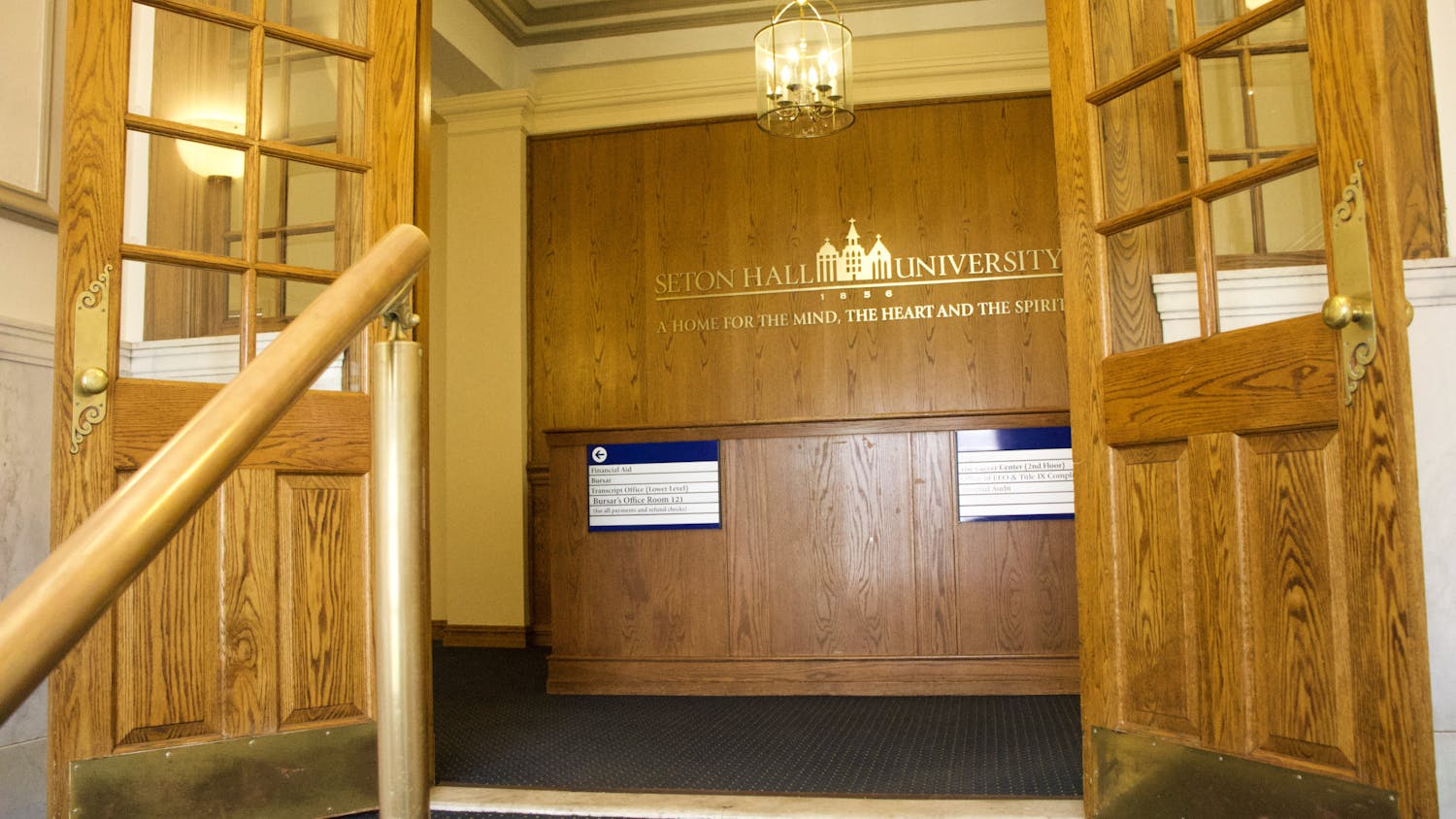The annual Trojan Sexual Health Report Card was released on Oct. 6 which ranked Seton Hall 124 out of 141 American colleges and universities.
Trojan combined with the independent research firm Sterling's BestPlaces and comprised a list of 12 categories ranging from health center hours to condom and contraceptive availability.
According to the website on Sterling's BestPlaces, the study consisted public and private institutions.
Each school was given a letter grade in every category that was then cumulated into a GPA score. Seton Hall's score was 1.61 out of 4.0.
According to Mary Beth Costello, director of Health Services, Seton Hall does not find the report to be useful.
"Its methodology is unclear, its rankings are uninformed and its primary purpose appears to be promotion of the company's name," Costello said.
Another aspect of the list was the availability of condoms and contraceptives as well as the cost and locality of HIV and STI testing.
"I don't even think they have anything, at least not that I know of," freshman Andrea Quinones said. "They have never mentioned that, and I think that is important because some people are more sexually active once they enter college."
Costello stressed how important student health is to Health Services.
"Health Services provides a wide array of health care for students including, but not limited to physical exams, symptomatic care and medical screenings that may include testing for STI's," Costello said.
However, Seton Hall is a Catholic institution, and the Catholic Church does not condone pre-marital sex.
"Consistent with our Catholic mission, Health Services does not provide contraceptives," Costello said.
The Catechism of the Catholic Church believes the act of fornication as any sexual interaction between an unmarried man and an unmarried woman. These interactions should only act as procreation between spouses.
"The school isn't promoting abstinence. If the school was actively promoting abstinence than I could understand not selling condoms," junior Josh Meyer said. "But since they aren't, and at the same time not selling condoms, we can't be surprised were so low on the rankings."
Meyer said that the University should sell condoms since there are students here who are not Catholic.
"There are some concrete acts - such as fornication - that it is always wrong to choose, because choosing them entails a disorder of the will, that is, a moral evil," the Catechism of the Catholic Church said.
One student feels that religion should not dictate what students are told about sexual health.
"Religion shouldn't play a role in a sexual
education," freshman Amanda Quashie said. "People need to know."
In addition, Costello said Health Services and their colleagues on campus provide services including one-on-one counseling, referral to outside resources, educational programs, Sexual Assault Response Team (SART) and Rape Aggression Defense (RAD) training.
The availability of sexual awareness and sexual assault programs were listed as two of the 12 categories.
Health Services has attained accreditation with the Accreditation Association for Ambulatory Health Care.
According to the Seton Hall website, "it is one of only five health services within the state of New Jersey that has earned this distinction."
Other New Jersey universities landed in the top 10 of the Sexual Health Report Card.
Rutgers University in New Brunswick ranked No. 9 on the list.
On the Rutgers Health Services website (rhshope.rutgers.edu) the University offers the option to click and learn more about different sexually transmitted infections and HIV.
It also informs readers about contraception, including emergency contraception and the cost and availability of these in the Rutgers Pharmacy and nearby stores.
"When colleges ignore that STD's are a real issue, they are ignorantly sweeping the issue under the proverbial rug, which will in fact, only augment the repercussions of unsafe sex," Rutgers junior John DiMarco said.
New Jersey's Ivy League university, Princeton, ranked No. 8 on the list.
Princeton's website contained similar information to Rutgers' in regards to STI's, HIV and contraception in the sexual health portion of the site.
Seton Hall has made its way up the report card from last year's ranking at 133.
Nicole Bitette can be reached at nicole.bitette@student.shu.edu.





